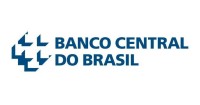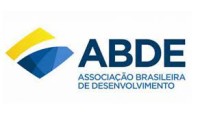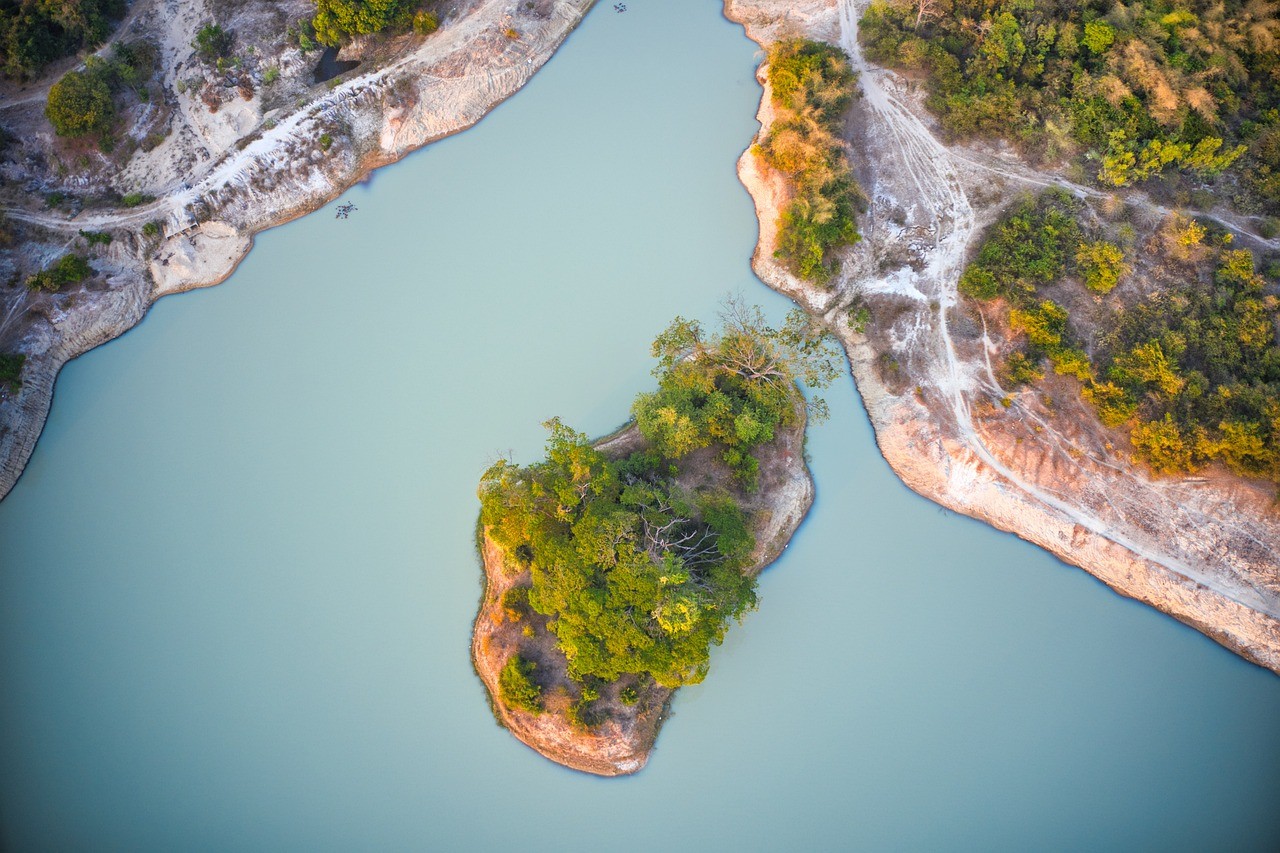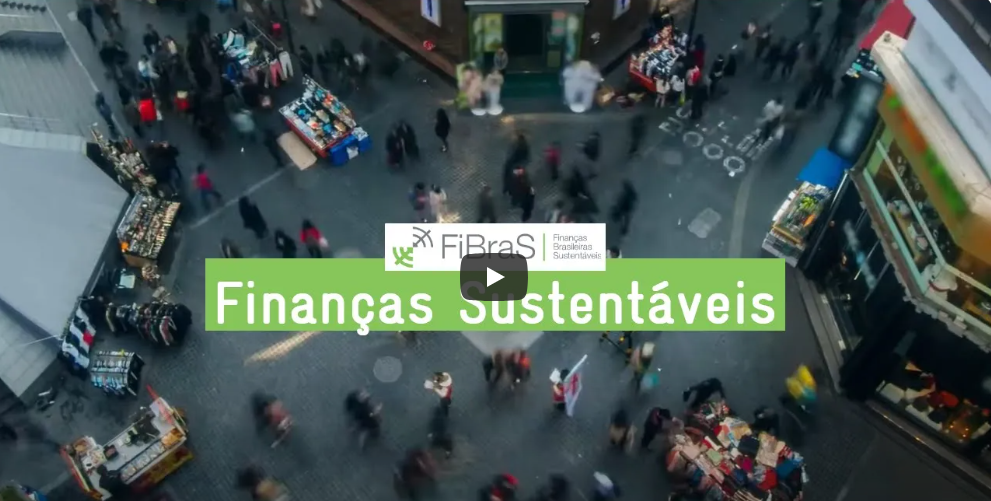Table of contents
Description
Brazil is a crucial global partner in achieving the SDGs and climate targets. The Brazilian Government has ambitious plans for a green economic transformation that promotes productivity-driven growth, good jobs, environmental sustainability, and social equality. Sustainable finance is a key pillar of this transformation. The financial sector plays a crucial role in mobilising and redirecting capital to realise the investments needed to transition to a low-carbon, resource-efficient, and socially inclusive economy, and to reduce the risks that climate change, nature loss, and social pressures pose for the economic and financial system and for society.
Finanças Brasileiras Sustentáveis (FiBraS II) – a Brazilian-German technical cooperation project implemented by GIZ in partnership with the Ministry of Finance and Banco Central do Brasil – aims to support the process of aligning Brazil’s financial sector with environmental, social, and economic sustainability. To achieve this, the project fosters sustainability-oriented financial market policies, regulations, and supervisory instruments and promotes sustainable finance approaches through advisory and technical assistance, including research and analysis, capacity building, development and application of methodologies and tools, dialogue formats, knowledge sharing, and support for sector networks.
The project is funded by the German Federal Ministry for Economic Cooperation and Development (BMZ).
Status
Core activities of the second project phase (July 2022–June 2026) include:
- Support for the development of the Brazilian Sustainable Taxonomy for the classification of environmentally and socially sustainable economic and financial activities,
- Sustainability-related monitoring and supervisory instruments, especially climate risk analysis and climate stress testing, complemented by the analysis and addressing of social implications and capacity building,
- Support the improvement and automation of the system to monitor the compliance of rural credit operations with environmental regulations through the use of innovative tools such as artificial intelligence (AI),
- Training and learning networks for development finance institutions (DFIs) to integrate the SDGs into strategies, processes, products, and portfolio analysis,
- Scaling sustainable financing approaches,
- Conduct a research project on just transition in finance for Brazil,
- Support for a pilot project on ecosystem services for indigenous and traditional people and communities, and
- Co-financing the Lab’s Secretariat and coordination of the Taxonomy and Social, Environmental and Climate Risk Management working groups.
The current phase of the project has contributed to the following selected results:
- Launch of the public consultation of the Brazilian Sustainable Taxonomy (12/2024, COP29),
- Development of the Action Plan of the Brazilian Sustainable Taxonomy (12/2023, COP28),
- Modelling of transition-related credit risks in the financial sector as part of the BCB's climate stress test,
- Contributions of the LAb to three regulatory consultations, 24 publications, 78 webinars and the realization of a 7-part seminar series on Biodiversity & Finance (mid-2022 to mid-2024).
In the first project phase (October 2018–October 2022), the project contributed to the following selected results:
- Preparation of proposals for improving sustainability-oriented financial market policy and regulatory reforms,
- Introduction of a sustainable finance course for public sector employees in the training catalogue of the National School of Public Administration (ENAP),
- Improvement of the central bank’s supervisory process for financial institutions’ socio-environmental risk management systems, contributing to an increase of the share of financial institutions meeting qualitative regulatory expectations from 38% to 62%,
- Implementation of training programmes on sustainable finance, climate risk analysis, and other sub-themes,
- Development of three innovative sustainable finance products and instruments,
- SDG Integration Methodology for Development Finance Institutions in Brazil and pilot implementation with three DFIs together with the Brazilian Development Association (ABDE),
- Promotion of partnerships with international institutions, networks, and platforms that promote sustainable finance, such as the G20 Sustainable Finance Working Group (e.g., G20 Sustainable Finance Roadmap), the Financial Centres for Sustainability (FC4S), with the European Union and the Green and Sustainable Finance Cluster Germany,
- Publication of 17 reports and 6 events, and Lab contributions to 12 regulatory consultations, 7 pilot projects, 28 publications and 38 webinars (mid-2017 to mid-2022)

Contact:
Christine Majowski
Project Director, Finanças Brasileiras Sustentáveis (FiBraS II)
christine.majowski@giz.de
FiBraS Phase I (Portuguese)

Brazilian Ministry of Finance

Central Bank of Brazil

Brazilian Development Association (ABDE)
Useful links
Find FiBraS on the website of GIZ and the Brazilian Ministry of Finance.
Publications
-
GIZ: Biodiversity and Sustainable Finance in Brazil (Sep 2024, English)
-
GIZ: Biodiversidade e Finanças Sustentáveis no Brasil (Sep 2024, Portuguese)
-
Lab de Inovação Financeira: Taxonomia em Finanças Sustentáveis: Desafios e Perspectivas para o Brasil (Jun 2024, Portuguese)
-
Lab de Inovação Financeira: Clima e Biodiversidade em Finanças: Conceitos, Riscos e Iniciativas (Jun 2024, Portuguese)
-
Ministry of Finance of Brazil: Action Plan of the Sustainable Brazilian Taxonomy (Nov 2023, English)
-
Ministry of Finance of Brazil: Plano de Ação da Taxonomia Brasileira Sustentável (Nov 2023, Portuguese)
-
Lab de Inovação Financeira: Taxonomias em finanças Sustentáveis, Sumário Executivo (Jun 2023, Portuguese)
-
Lab de Inovação Financeira: Webinar 1: Biodiversidade e Capital Natural nas Finanças Sustentáveis - Ficha Técnica (Jun 2023, Portuguese)
-
Lab de Inovação Financeira: Taxonomias em finanças sustentáveis – Reflexões para o desenvolvimento de uma taxonomia no contexto nacional (Apr 2023, Portuguese)
-
GIZ: O mercado de finanças sustentáveis no Brasil em 2022 – Produtos, tendências, perspectivas e vozes do mercado (Feb 2022, Portuguese)
-
SITAWI: Green Recovery Through the Cities – Identifying Investment Opportunities for a Sustainable Future (Feb 2022)
-
GIZ & Lab: Taxonomia em finanças sustentáveis Panorama e Realidade Nacional (Apr 2021, Portuguese)
-
SITAWI, Frankfurt School of Finance and Management & GIZ: Mainstreaming Sustainability in Brazil’s Financial Sector – Policy actions for a national supporting framework (Dec 2020)
-
GIZ: Sustainable Finance: An Overview (Jun 2020)
-
GIZ: The Green Finance Market Emerging in Brazil – Leading Players, Products, and Main Challenges (Oct 2020)





